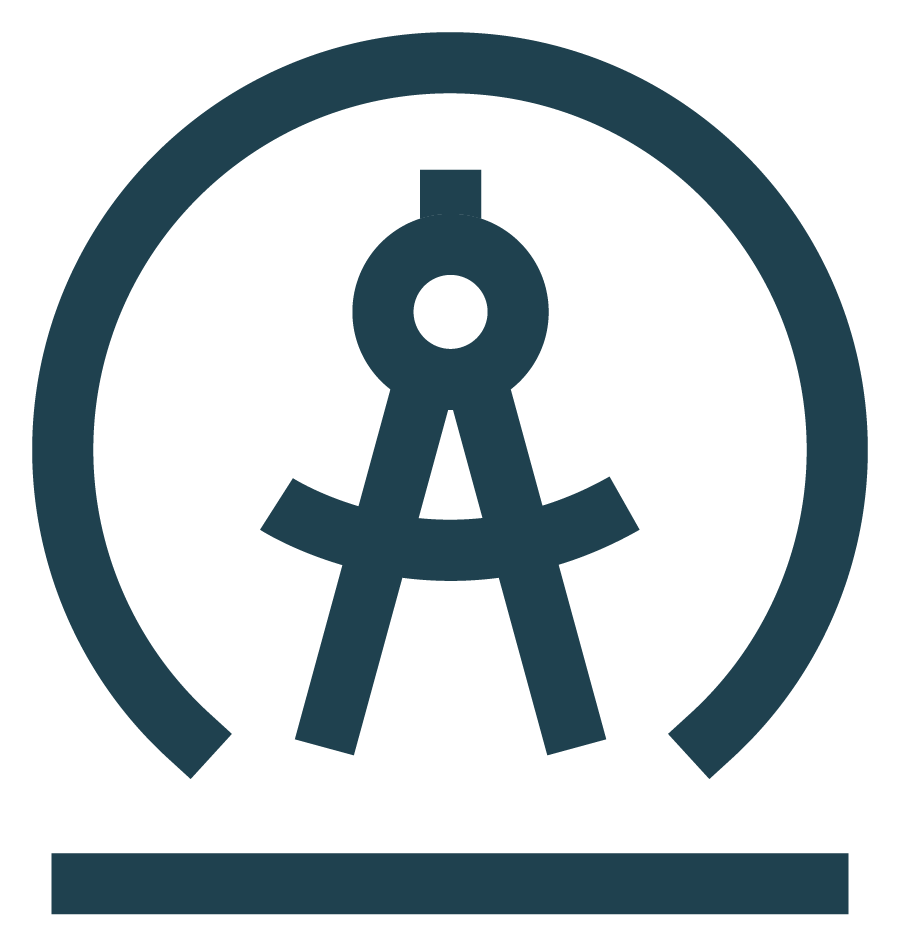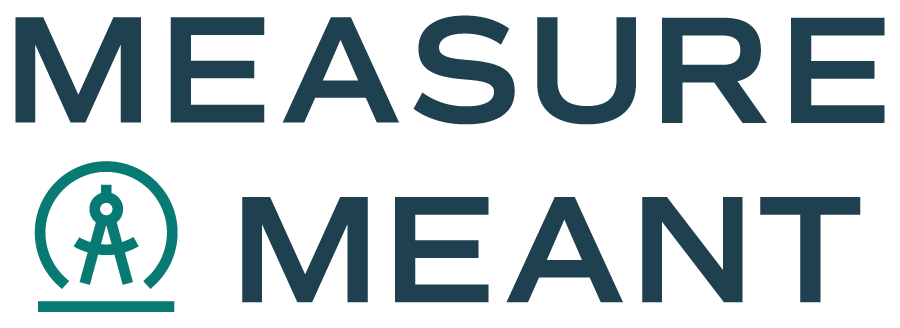

Measure Meant

Washington, United States
October 2018
Management consultant - for-profits
Service with Minor Environmental Footprint
United States
Born out of that deep, human desire to leave a legacy, Measure Meant’s journey began in 2017 with the goal of empowering businesses to participate in the hard work of literally saving the world. Saving the world can be overwhelming—and so is implementing any kind of change at scale. We’ve learned this firsthand through our collective experience advocating for sustainability within organizations large and small. We’ve also found that the greatest heroes have guides who will champion their efforts until the mission is complete. They have a Yoda, a Gandalf, or a Leslie Knope. Since our inception, we’ve had the opportunity to guide clients of all sizes through some incredible transformations, from a local winery seeking B Corp certification to a national chocolate company committed to sustainability throughout its supply chain. We’ve been able to consistently identify areas of impact and implement lasting change, providing the insight, expertise, and capacity required for the task at hand—everything you need to accomplish world-saving impact.
Overall B Impact Score
Governance 18.1
Governance evaluates a company's overall mission, engagement around its social/environmental impact, ethics, and transparency. This section also evaluates the ability of a company to protect their mission and formally consider stakeholders in decision making through their corporate structure (e.g. benefit corporation) or corporate governing documents.
What is this? A company with an Impact Business Model is intentionally designed to create a specific positive outcome for one of its stakeholders - such as workers, community, environment, or customers.
Workers 17.1
Workers evaluates a company’s contributions to its employees’ financial security, health & safety, wellness, career development, and engagement & satisfaction. In addition, this section recognizes business models designed to benefit workers, such as companies that are at least 40% owned by non-executive employees and those that have workforce development programs to support individuals with barriers to employment.
Community 42.7
Community evaluates a company’s engagement with and impact on the communities in which it operates, hires from, and sources from. Topics include diversity, equity & inclusion, economic impact, civic engagement, charitable giving, and supply chain management. In addition, this section recognizes business models that are designed to address specific community-oriented problems, such as poverty alleviation through fair trade sourcing or distribution via microenterprises, producer cooperative models, locally focused economic development, and formal charitable giving commitments.
What is this? A company with an Impact Business Model is intentionally designed to create a specific positive outcome for one of its stakeholders - such as workers, community, environment, or customers.
Environment 8.1
Environment evaluates a company’s overall environmental management practices as well as its impact on the air, climate, water, land, and biodiversity. This includes the direct impact of a company’s operations and, when applicable its supply chain and distribution channels. This section also recognizes companies with environmentally innovative production processes and those that sell products or services that have a positive environmental impact. Some examples might include products and services that create renewable energy, reduce consumption or waste, conserve land or wildlife, provide less toxic alternatives to the market, or educate people about environmental problems.
Customers 20.8
Customers evaluates a company’s stewardship of its customers through the quality of its products and services, ethical marketing, data privacy and security, and feedback channels. In addition, this section recognizes products or services that are designed to address a particular social problem for or through its customers, such as health or educational products, arts & media products, serving underserved customers/clients, and services that improve the social impact of other businesses or organizations.
What is this? A company with an Impact Business Model is intentionally designed to create a specific positive outcome for one of its stakeholders - such as workers, community, environment, or customers.